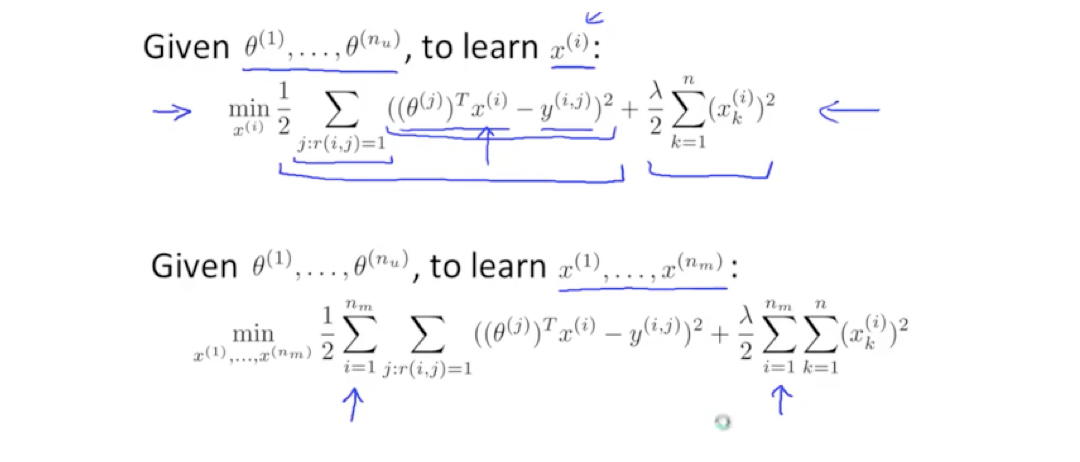
Artificial intelligence, machine learning, deep learning, big data are the buzz words and often are used interchangeably or incorrectly in the advertising ecosystem. Artificial intelligence is used where machine learning should be and machine learning is often confused with data mining. Machine learning is a method of developing algorithms for recognizing patterns within data. Data mining uses techniques developed in machine learning, i.e. machine-learning algorithms, and statistics.
In this blog, I will help provide some clarifications pertaining to advertising platform. Perhaps, view part of the blog as “Artificial Intelligence, Machine Learning and Big Data – 101”. In the future blogs, I hope to introduce you to our Intelligent Cloud Marketing Platform.
Understanding the data
With the ever growing libraries of the big data, data mining has been an ongoing task. Platforms need to have the computational power to form meaningful advertising correlation, otherwise, much of this data is of no use. Predominant dimensions of “big data” are characterized in four sectors:
- Volume of “big” data (while important) is not the sole principle variable; rather, it is the method in which the platforms organize this data – to create better decisions & strategies for the marketing campaigns.
- Velocity is the measure of the data inflow capacity. It is often high, especially for platforms like , where the inflow stream is ingesting social, mobile, and sensor based data. Aside from the efficient inflow of this data stream, some variables require real-time processing (ie: geo-location from mobile), which means data stream must be handled in timely manner.
- Variety is further of importance to decipher the data from structured and unstructured formats.
- Variability of the data, adds interesting complexity as it is routinely inconsistent. A lot of social data depends on the trending news in the media. Hence, makes the variability dimension unpredictable.
In the past few years, machine learning has made a significant breakthrough. Many big organizations now offer low-cost options for storing data, which previously couldn’t be supported by bootstrapped start-ups. We now also have faster processors, high connectivity, high throughputs, virtualization, cloud computing, large grid platforms and clustering, which few years ago were the main restrictions to do advance computations. In additions, we now have distributed big data platforms, like Hadoop, that are open source and affordable.
Importance of AI in marketing
The environment of advertising tech is increasingly complex. We now have more data than to know what to do with it. The role media analysts were able to play in ad-tech, a few years ago, is no longer scalable. Machine Learning provides depth of insights that data analysts simply can’t. The ongoing challenge is to comprehend the analysis on large volume of data streams, as the potential correlations and relationships between disparate data sources are too large for any human analyst to compute.
For effective audience segmentations, it is no longer analyzing the different websites and influencers, rather the consumers are now constantly switching between devices. This additional layer of complexity adds depth to the data inflow. For this machine learning or ‘machine-assist’ is effective than ‘human-only’ analysis. Machine learning is able to test reasonable hypotheses and derive meaningful insights buried in the libraries much faster than humans. For technology platforms using the advanced computation methods, you have to be able to process this information in real-time and draw statistically relevant ad to engage the consumer.

Effects on media buying or RTB
Programmatic media buying is a mechanism through which brands buy audiences. It is a marketplace and RTB is a transaction that occurs on that platform. Think of machine learning as a catalyst to that marketplace. It is now able to match the brands with their current and potential consumers in real-time, across devices, and offer various statically relevant correlations – thereby adding an enhanced degree of certainty for a suggested action.
Machine Learning is NOT a rule-based system that requires an analyst to hard-code domain knowledge into a system. Rather, Machine Learning learns to make decisions based on the inflow of data and experience. As we continue to train the algorithm, we continue to advance the Artificial Intelligence.
So, what does this mean for marketers? Well, brands do not have to worry and figure out the cumbersome process of Machine Learning on their own. They can partner with technology platforms such as and utilize the A.I.’s strong learning capabilities to stay connected with their consumers.
Management
The method of analyzing the data varies in each company. Some platforms take in all the data, but don’t know what to do with it. Some will determine subset of variables to look at before the analysis of the data and throw away (or not use) the rest of the data. Either of the processes (and perhaps everything in between) are ways in which companies are forming their confidence in their decision making predictions. At , we test various variables. It allows us to have a strategy in place for specific vertical with abundant variables to assess correlation.
Aside from the ad-tech, there are many industries using machine learning. So, the journey to that beautiful world of Artificial Intelligence isn’t a lonely one. You may very well already be interfacing with some technologies.
- Retail: exploring AI to best market their customers, up-sell products and enhance customer win-back
- Healthcare: exploring to find ways to improve delivery of patient care
- Finance: exploring ways to identify ways to minimize fraud
- Industrial: aiming to reduce waste and increase efficiency
As we continue to refine the algorithms and advance our understanding of recurrent neural networks and deep learning, we are essentially moving towards Artificial Intelligence.
Follow our blog to learn more on the series.
Want to learn more contact your local sales team today!